Germany has raised its annual visa quota for skilled Indian professionals from 20,000 to 90,000, Prime Minister Narendra Modi announced on Friday alongside visiting German Chancellor Olaf Scholz. This increase, a fourfold boost, aims to strengthen economic and professional ties between the two countries and address Germany’s growing labour shortage due to an ageing population.
As of 2014, about 27% of the German population was over 60, and this figure is expected to rise to 35% by 2030. The expanded visa quota will help fill positions in key labour-intensive sectors, including elderly care, childcare, truck driving, and middle-level roles in engineering and IT.
During her visit to New Delhi, German Foreign Minister Annalena Baerbock highlighted the potential for a mutually beneficial arrangement, stating, “In Indian society, there are so many young skilled people driving the labour market. In Germany, we need labour. This could be a win-win situation for both countries.”
Germany has also seen a rise in Indian students, with 49,483 Indian nationals studying in the country during the 2023-24 winter semester, a 15% increase from the previous year. This makes Indians the largest group of international students in Germany, surpassing China, according to data from the German Academic Exchange Service (DAAD).
In 2022, India and Germany signed a migration and mobility agreement, which recorded a 25% rise in students and professionals moving to Germany, and further growth is anticipated. German Labour and Social Affairs Minister Hubertus Heil confirmed that Germany has introduced new immigration regulations, including a digital visa application process and systems connecting job seekers with businesses. These improvements aim to reduce visa processing times and give preference to those seeking longer-term employment.
German Chancellor Scholz praised India as an “ideal partner” due to its large, skilled workforce. He emphasized that the number of Indians in Germany grew by 23,000 last year, making them valuable contributors to the workforce, particularly in medicine, nursing, and IT.
While Germany seeks to attract skilled workers, German language proficiency remains a requirement. Heil acknowledged that many Indians may prefer English-speaking destinations like the US or UK but stressed that learning German opens a wider range of job opportunities. “It’s essential for our economic interests to have more people learning German,” he noted.
The recent changes aim to improve the visa application experience by digitising processes and accelerating timelines, making it more user-friendly. Germany intends to prioritize immigration of skilled professionals while controlling migration for non-skilled individuals.
Reflecting on lessons learned from large-scale migration in the 1960s and ’70s, Heil added, “We tried to hire a workforce but got human beings.” This time, Germany plans to offer benefits like health insurance, affordable universities, and respect for the incoming skilled workforce.









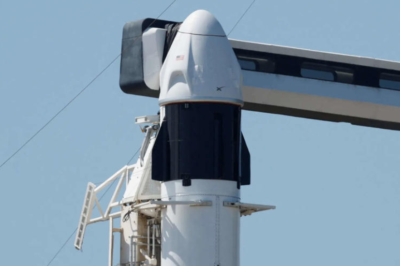





























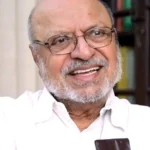

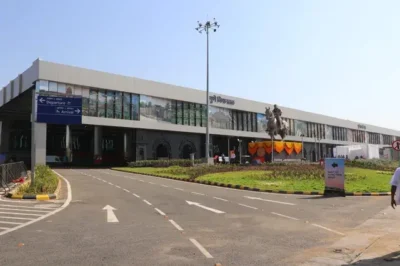




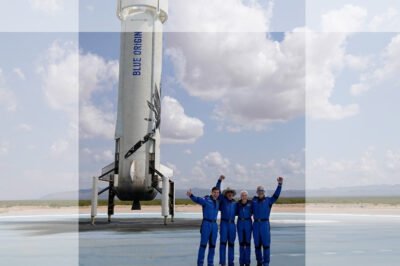




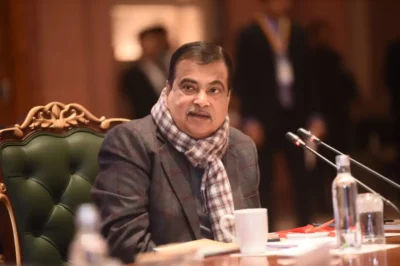

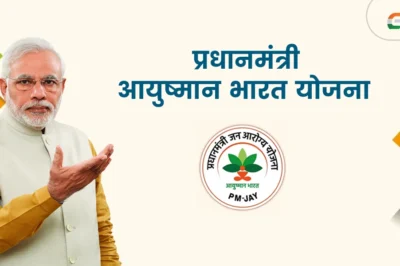











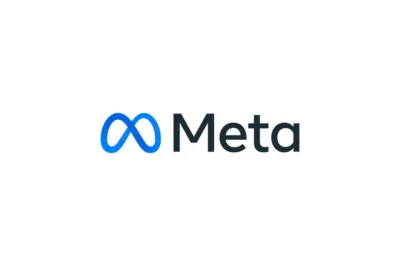


Leave a Reply